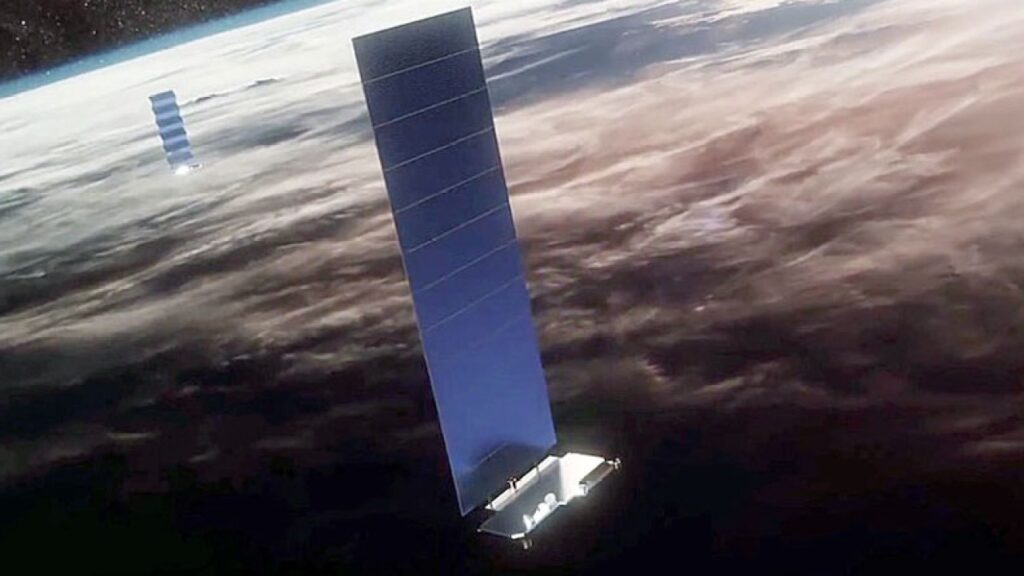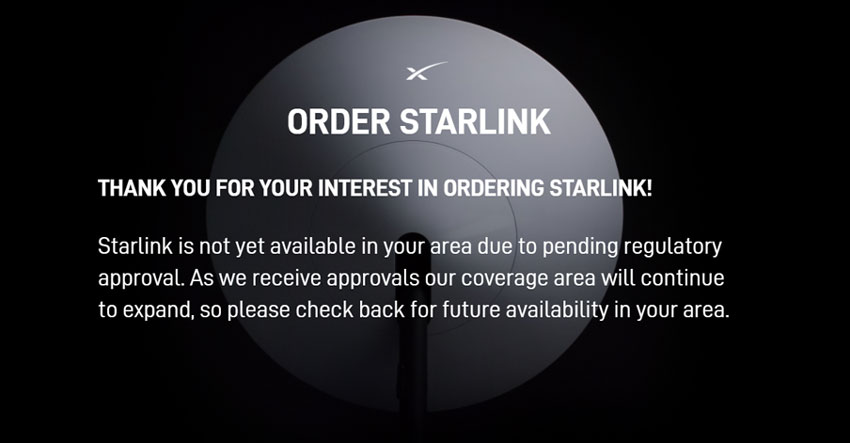
In a Jan. 19 news release, the Pakistan Telecommunication Authority (PTA) stated that “Starlink has never applied for nor got any licence from PTA to operate and deliver internet services” in Pakistan.
Pre-booking the service in Pakistan thru Starlink or linked websites is prohibited, according to the telecoms authorities.
“The directions came in the wake of reports that Starlink, through its website, is asking intended subscribers to pay a deposit of USD 99 (refundable) as pre-order for equipment/services,” PTA said.
“PTA has already taken up the matter with Starlink to stop taking pre-order bookings from intended consumers with immediate effect as the Company has not been granted any license for provision of internet services in Pakistan.”
As of Jan. 19, SpaceX appears to be still accepting preorder deposits for addresses in Pakistan through Starlink’s website, while not responding to an email for comment.
In the days following a similar public notification from India’s government on Nov. 26, the firm’s website appeared to stay open to Indian addresses, despite the government’s request that the company stop collecting preorders until it had a licence to operate in the nation.
Instead of executing a preorder, addresses in India now warn prospective users that Starlink is unavailable “due to pending regulatory approval.”

Hours after Reuters, TechCrunch, and others reported that SpaceX emailed customers in India to say that deposits would be refunded until Starlink was licenced to operate there, Starlink’s lead executive in India announced his resignation for personal reasons on Jan. 4.
Meanwhile, SpaceX is pushing ahead with an aggressive deployment timetable to provide worldwide coverage, putting 49 Starlink satellites into low Earth orbit on a Falcon 9 rocket on Jan. 18. (LEO).
According to Jonathan McDowell, an astrophysicist and spaceflight researcher, the launch means SpaceX now has 1,879 Starlink satellites in low-Earth orbit. The corporation has permission to operate 4,408 satellites at a distance of about 550 kilometres.
According to Starlink, more than 750,000 customers throughout the world have preordered satellite internet services.
In a separate development, SpaceX is seeking FCC approval for a second-generation network of over 30,000 satellites to boost Starlink’s capabilities.
According to a lawyer for SpaceX, launches for the second generation could begin as early as March, pending regulatory permits, including permission to fly the Starship aircraft the company is creating from Boca Chica, Texas.




